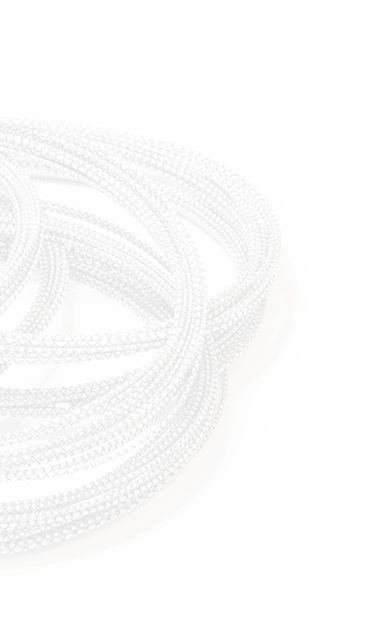The Smart Nervous System for Cracked Concrete Structures: Theory, Design, Research, and Field Proof of Monolithic DFOS-Based Sensors
The article presents research on the performance of composite and monolithic sensors for distributed fibre optic sensing (DFOS). The introduction summarises the design of the sensors and the theoretical justification for such an approach.
Composite and monolithic DFOS sensors for load tests and long-term structural monitoring of road infrastructure
The article summarises the newest achievements related to composite and monolithic DFOS sensors created especially for civil engineering and geotechnical applications. The design of the sensors supported by theoretical background and practical applications are discussed in relation to road embankments and asphalt layers.
Distributed Fibre Optic Nerve-Sensors as non-destructive tool for crack detection and widths estimation
The article describes the design of unique composite Nerve-Sensors dedicated to civil engineering and geotechnical applications. Non-destructive testing capabilities of these sensors were proven in hundreds of laboratory and in situ applications, including bridges, prestressed girders, roads, highways, collectors, pipelines, embankments, and many other smart structures.
Distributed fibre optic sensing for safety monitoring of concrete, steel and composite bridges
The article briefly discusses possible solutions available on the market, indicating their specific advantages and limitations. Then, several practical case studies are presented related to the monitoring of selected bridges in Poland. Successful applications proved the excellent performance of DFOS-based systems for measurements of concrete, steel and composite bridges in actual operating conditions.
Distributed fibre optic sensing: reinforcement yielding strains and crack detection in concrete slab during column failure simulation
Das strukturelle Verhalten der RC-Platten-Stützen-Struktur wurde mithilfe fortschrittlicher Messtechniken, einschließlich VFOS, kontrolliert. Trotz des umfangreichen Stands der Technik in der verteilten Sensorik stellt das Paper die neuen Erkenntnisse bereit, die während der Forschung gewonnen wurden. Dies hängt hauptsächlich mit extrem hohen Dehnungsmessungen (nach der Streckgrenze) zusammen, dank der hervorragenden Bindungseigenschaften und der Dehnungsübertragung auf die optische Faser sowohl von der Stahlbewehrung als auch vom umgebenden Beton.


